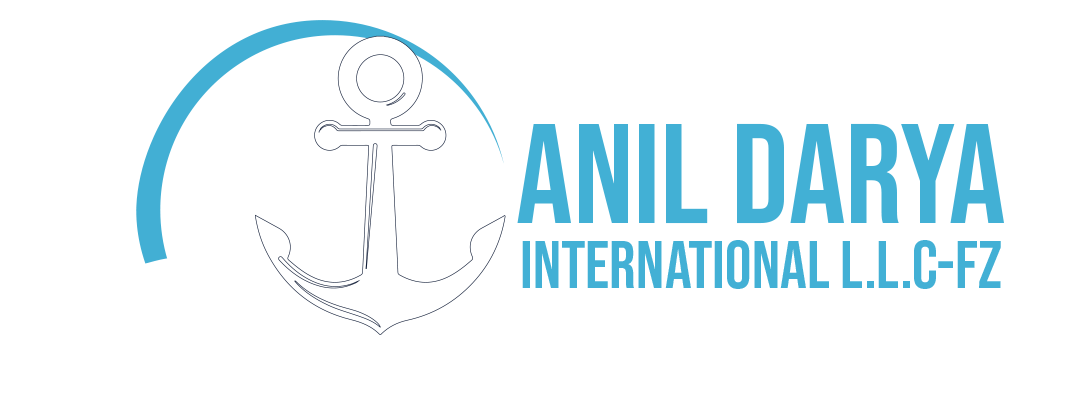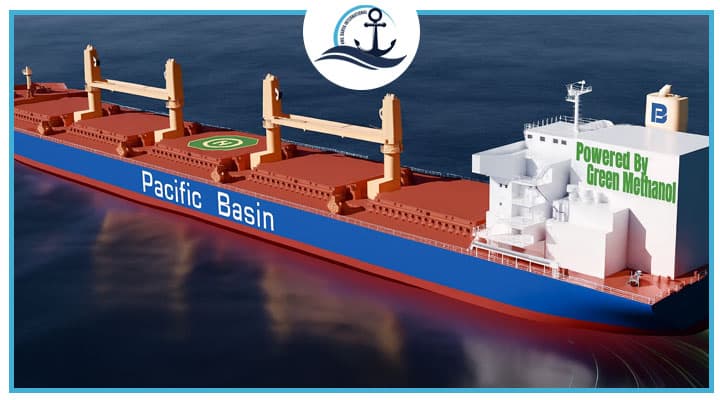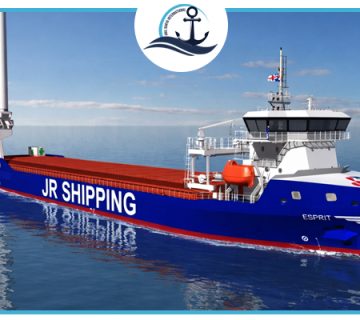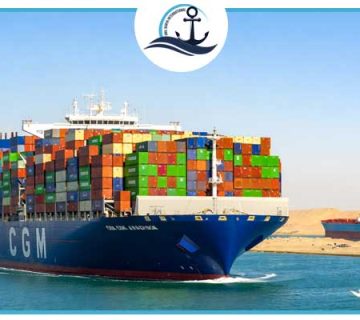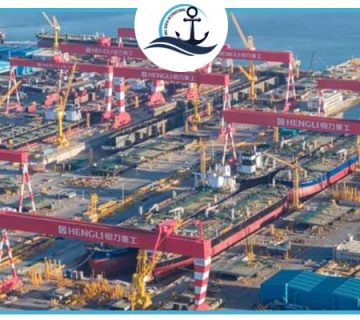|
Getting your Trinity Audio player ready...
|
Pacific Basin transfers bulkers and top team to Singapore to limit US port fee exposure
Hong Kong-listed Pacific Basin Shipping, one of the world’s largest dry bulk sea freight operators, has announced plans to relocate half of its bulker fleet to Singapore, reflagging the vessels under its Singapore subsidiary. The move is designed to minimize exposure to new US port fees imposed under the USTR Section 301 tariff framework, which targets Chinese-owned and operated ships calling at American ports.
Strategic Shift to Singapore Amid New US Port Levies
In its latest trading update, Pacific Basin confirmed that only vessels owned or chartered via its Singapore structure will operate on US-bound voyages while Section 301 remains active. The company said its Bermuda-registered parent entity, Pacific Basin Shipping Limited, will remain unchanged but will delegate strategic and technical management of the Singapore-owned fleet to its Singapore-based leadership team.
Day-to-day commercial and operational management will continue across the company’s 11 global offices, including Singapore, Hong Kong, Copenhagen, and Stamford. The firm also announced board adjustments to mitigate regulatory exposure linked to the US trade measures.
The reflagging comes after a detailed review of the April 2025 Annex I provisions of the Section 301 measures, which impose additional port fees and compliance checks for vessels connected to Chinese entities.
Regulatory Background: Section 301 and Annex I
Under the USTR’s Section 301 scheme, ships identified as Chinese-owned, operated, or built face extra port fees and scrutiny when calling at US ports. These rules mirror Beijing’s recent countermeasures targeting US-linked tonnage, effectively creating a two-way tariff on sea freight access between the world’s two largest economies.
Pacific Basin, which operates one of the most diversified handysize and supramax bulk carrier fleets globally, said that its free-floating shareholder structure (99%) makes it difficult to determine the ultimate beneficial ownership of its investors — a factor directly impacting Annex I classification.
“We have taken proactive steps to ensure business continuity and compliance under the evolving trade environment,” the company stated. “Our Singapore structure provides operational flexibility and safeguards access to key trade routes.”
Fleet and Sea Freight Implications
Pacific Basin’s core fleet includes 120 owned vessels and nearly 260 ships in operation, including short-term chartered bulkers. The reflagging initiative will likely enhance the company’s ability to maintain uninterrupted cargo flows between Asia and North America, a vital corridor for dry bulk and sea freight shipments such as grain, coal, and minerals.
Analysts suggest that the shift could also strengthen Singapore’s position as a leading global maritime hub, offering owners neutral jurisdiction, strong regulatory transparency, and favorable tax and compliance frameworks compared to Hong Kong.
Singapore’s Rising Role in Global Shipping
Pacific Basin’s relocation follows similar moves by other major players, including Seaspan, the world’s largest containership lessor, which transferred its headquarters and roughly 100 ships to Singapore earlier this year in response to the same US regulations.
Singapore has rapidly consolidated its status as a top-tier sea freight and shipping center, now ranking fourth globally by registered tonnage under the Singapore Registry of Ships (SRS). The city-state also continues to post record highs in vessel arrivals, container throughput, and bunker fuel sales, reinforcing its reputation as a maritime powerhouse for global trade and logistics.
